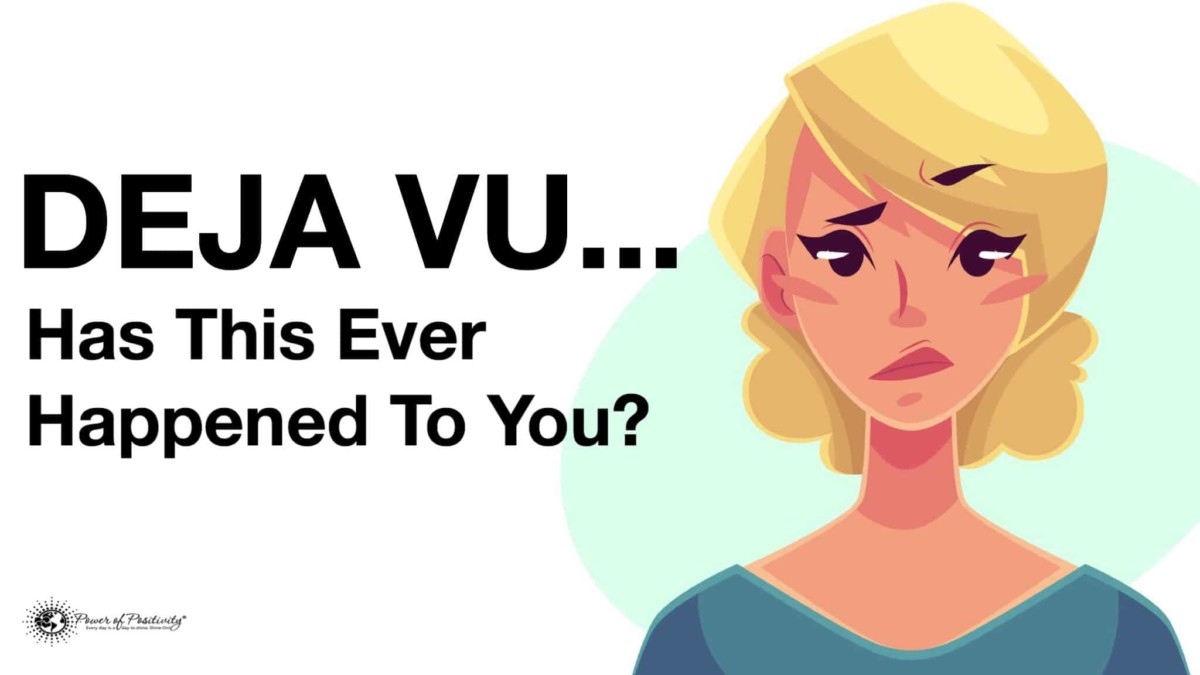

Those studies used words or names, rather than symbols. In pushing its participants’ memories to a time and place outside the laboratory, the new study goes beyond the few previous studies of double perception that have been conducted in the past 100 years. “We changed people’s views of their personal past by instilling a false sense of a previous encounter.” When a flash was followed by its identical symbol, participants were five times more likely to say they had seen that symbol sometime before the experiment. In their trials, a symbol was flashed at a subliminal level on a computer screen, followed by a longer view of the same or a different symbol, or no symbol. “When you then consciously register the scene, the brain connects the two memories - and you get that spooky feeling.”īrown and Marsh re-created this experience in the laboratory using unique symbols. Upon hanging up, you look around and sense you’ve been there long ago.”Īccording to double perception theory, the initial glance created a mushy memory without time-space context, Brown says. “Let’s say you enter a new museum, glancing at artwork while talking on your cell phone. “This is easy to imagine in today’s distracted society,” Brown says. Published in the May issue of “ Psychological Science,” the study significantly extends research on the déjà vu theory of “double perception,” which suggests that a quick glance at a scene can make it appear strangely familiar when it is fully perceived moments later. “By shedding light on this odd phenomenon, we can better understand normal memory processes.” “Déjà vu is inappropriate behavior by the brain,” says Brown, professor in SMU’s Department of Psychology and a leading researcher on memory. These clues, in turn, could help unlock the secrets of the human brain.

Brown of SMU and Elizabeth Marsh of Duke University provides new clues about déjà vu, that eerie sense of experiencing a moment for the second time. A new study by research psychologists Alan S.


 0 kommentar(er)
0 kommentar(er)
